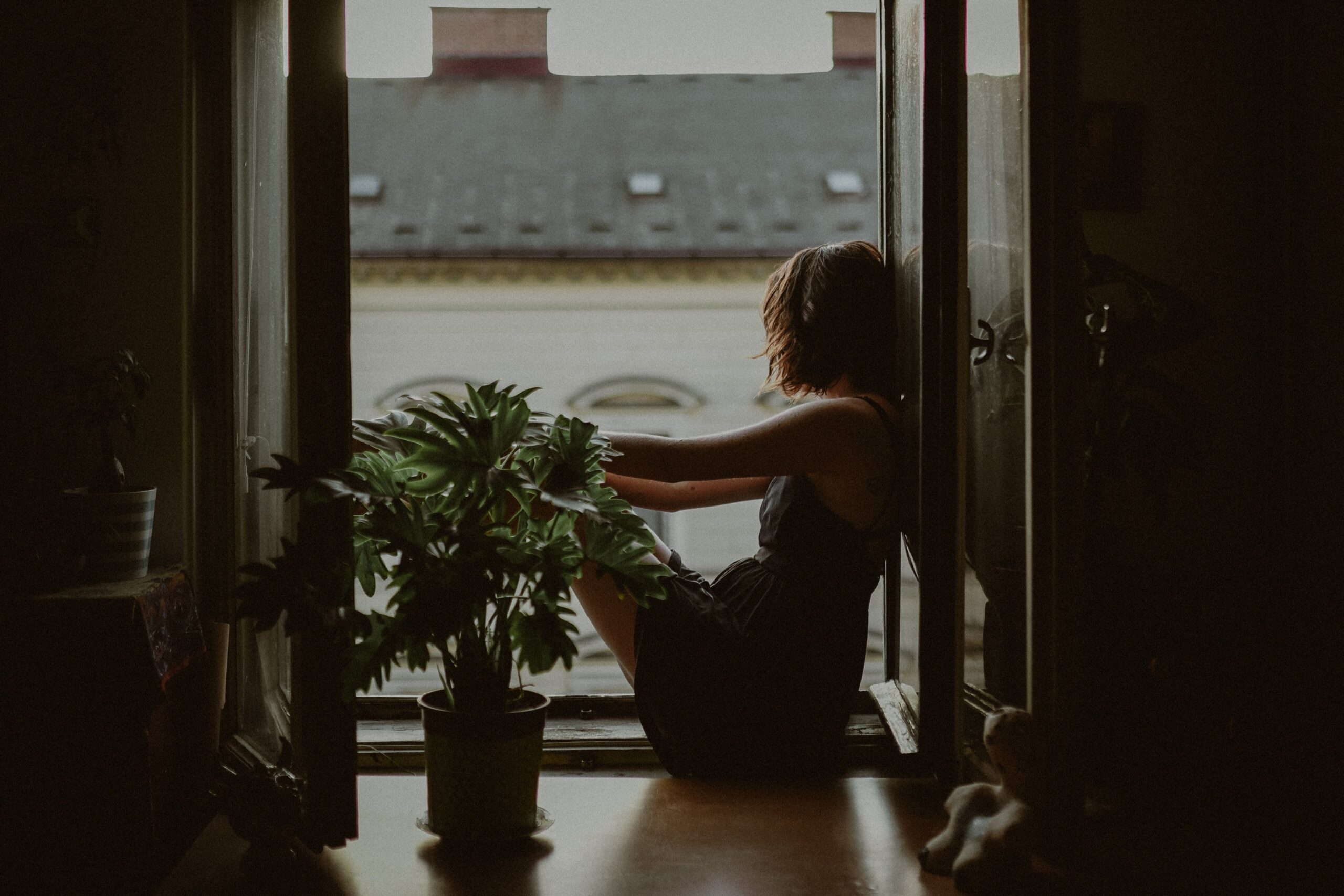How to Get Out of a Lease Early (Without Losing Your Money or Your Mind)

Nov 15 | 2018

Photo by Kinga Cichewicz on Unsplash

Nov 15 | 2018

Photo by Kinga Cichewicz on Unsplash